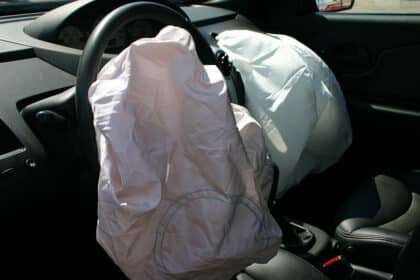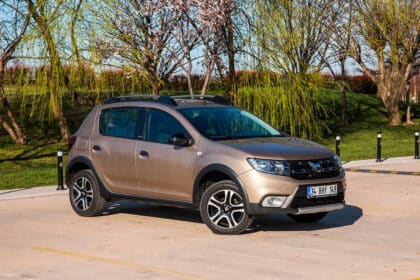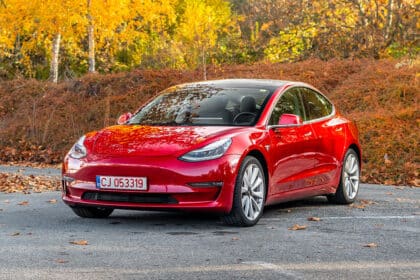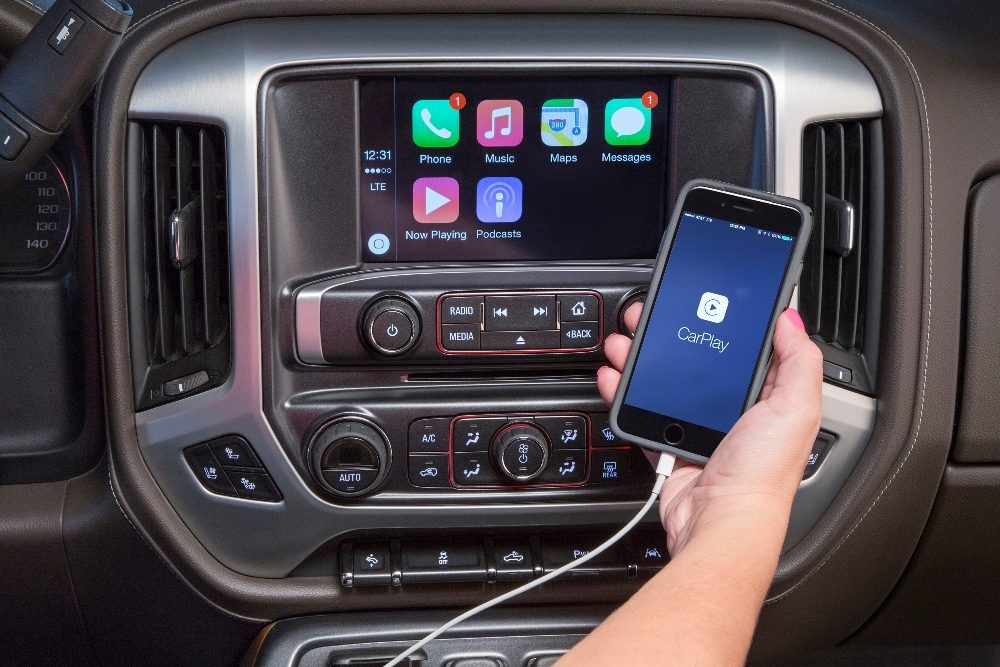 Apple CarPlay can be a convenient but distracting perk according to a new study
Apple CarPlay can be a convenient but distracting perk according to a new study
Photo: GMC
According to new research, using a touch-screen infotainment system can be more dangerous when you’re driving than getting behind the wheel drunk. IAM RoadSmart, a UK-based driving safety charity, gets the credit for the study.
Safer Travels: Learn more about OnStart technology
Per Jalopnik, the IAM RoadSmart study involved drivers going through a simulated test route, which included a figure-eight driving loop and stop-and-go highway traffic. It also monitored the driver’s following distance.
The simulation included three different phases. In the first phase, drivers had no phone-related tasks to perform. The second phase introduced voice control and the third one introduced touchscreen use.
Interestingly enough, the study indicated that using infotainment systems while driving slowed reaction times more than driving under the influence of alcohol or cannabis. Driving at a legal limit of .08 BAC caused the driver’s reaction time to increase by 12 percent. Using a touch-screen infotainment system increased the reaction time by 50 percent.
According to IAM RoadSmart, the average stopping distance increased to between four to five car lengths when the driver was using Apple CarPlay or Android Auto. The study also found that participants underestimated the amount of time they took their eyes off the road by as much as five seconds when using their infotainment system’s touch-control features.
Appealing Add-Ons: Refresh your ride with these nifty accessories
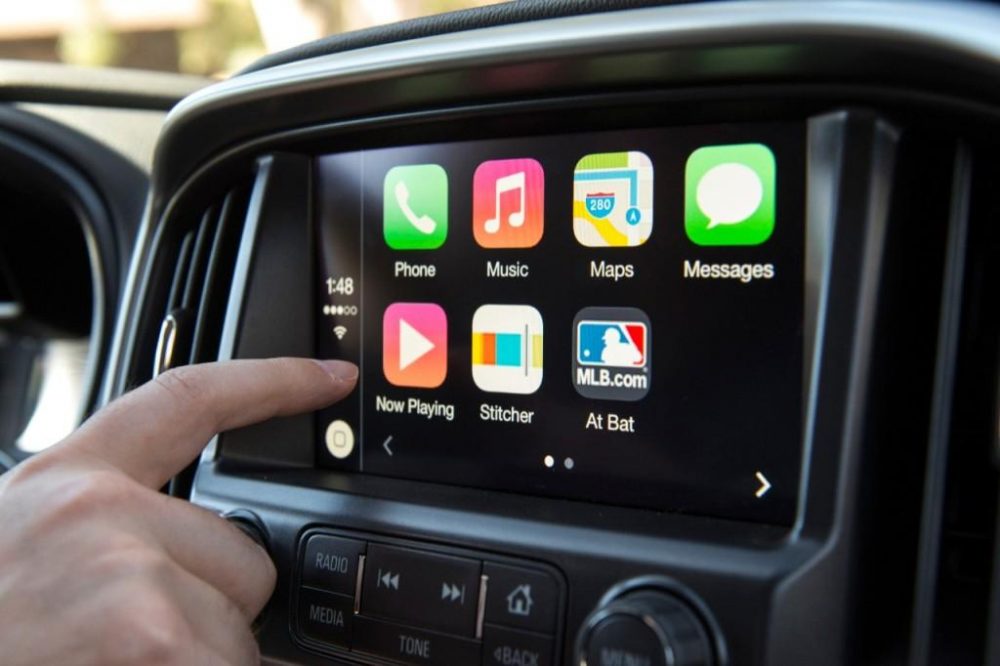 Photo: General Motors
Photo: General Motors
Neil Greig, policy and research director at IAM RoadSmart, views the study’s findings as reason enough to reassess the safety of modern in-vehicle infotainment systems. “While previous research indicates that Apple CarPlay and Android Auto perform better than more traditional buttons and controls, the results from this latest study raise some serious concerns about the development and use of the latest in-vehicle infotainment systems.”
It will be interesting to see how automakers and infotainment system manufacturers heed the results of the study. In the meantime, it’s a good reminder for those of us with these built-in systems to adjust the settings beforehand and use them sparingly during the actual drive.

Whitney Russell resides in Dayton, though her spirit can be found beach-bumming in Puerto Rico (the land of her half-Puerto Rican heritage). When not crafting car-related content, she can be found chasing after the most amazing toddler in the world, watching her “beaver” of a husband build amazing woodworking projects, hanging out with two crazy dogs, and visiting family and friends. She also enjoys traveling, crafting, and binge-watching period dramas when time allows. See more articles by Whitney.



